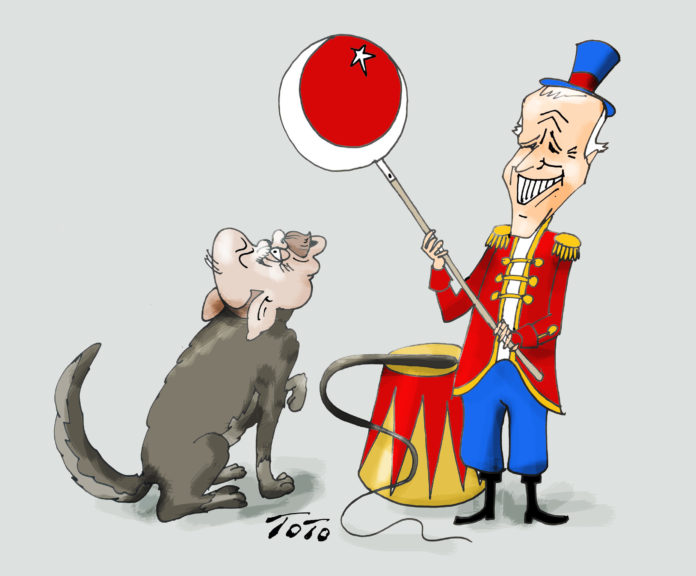President Trump had created the perfect storm in international relations by allowing bullies such as President Recep Tayyip Erdogan of Turkey to wreak havoc in certain regions of the world and even interfere with US domestic problems.
One of the casualties of Mr. Erdogan’s adventures abroad has been Armenia. That is why the government and people in Armenia have been wondering if President Joe Biden’s election will be able to tame the Turkish bully.
Jerusalem Post contributor Seth J. Frantzman believes the light is at the end of the tunnel. In an article published on January 12, he speaks of a positive answer to that question, even in the title, “Turkey’s Blank Check to Invade Countries May End with Trump.”
Michael Rubin, a former Pentagon official and resident scholar at the American Enterprise Institute, adds, “The only thing holding the relationship together for the last several years has been Trump’s personal relationship with Erdogan. With Trump removed, Erdogan should be very, very worried.”
Indeed, in an interview, Biden called Erdogan an “autocrat” and vowed to support Turkey’s opposition, while in a Democratic party debate, he stated, “I would be having a real lockdown conversation with Erdogan and let him know that he is going to pay a heavy price for what he has done. Now pay that price.”
This latter statement refers to the massacre that Erdogan organized against the Kurdish US allies in Syria.










